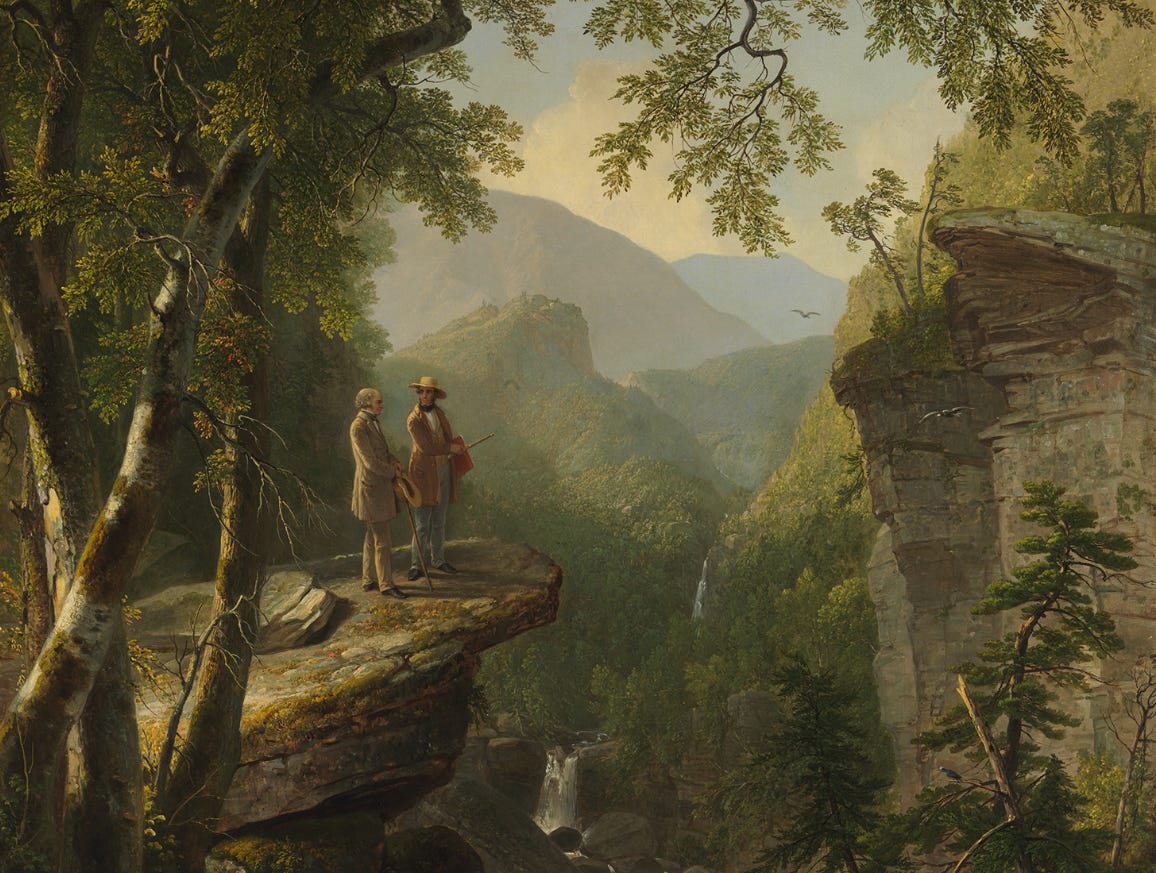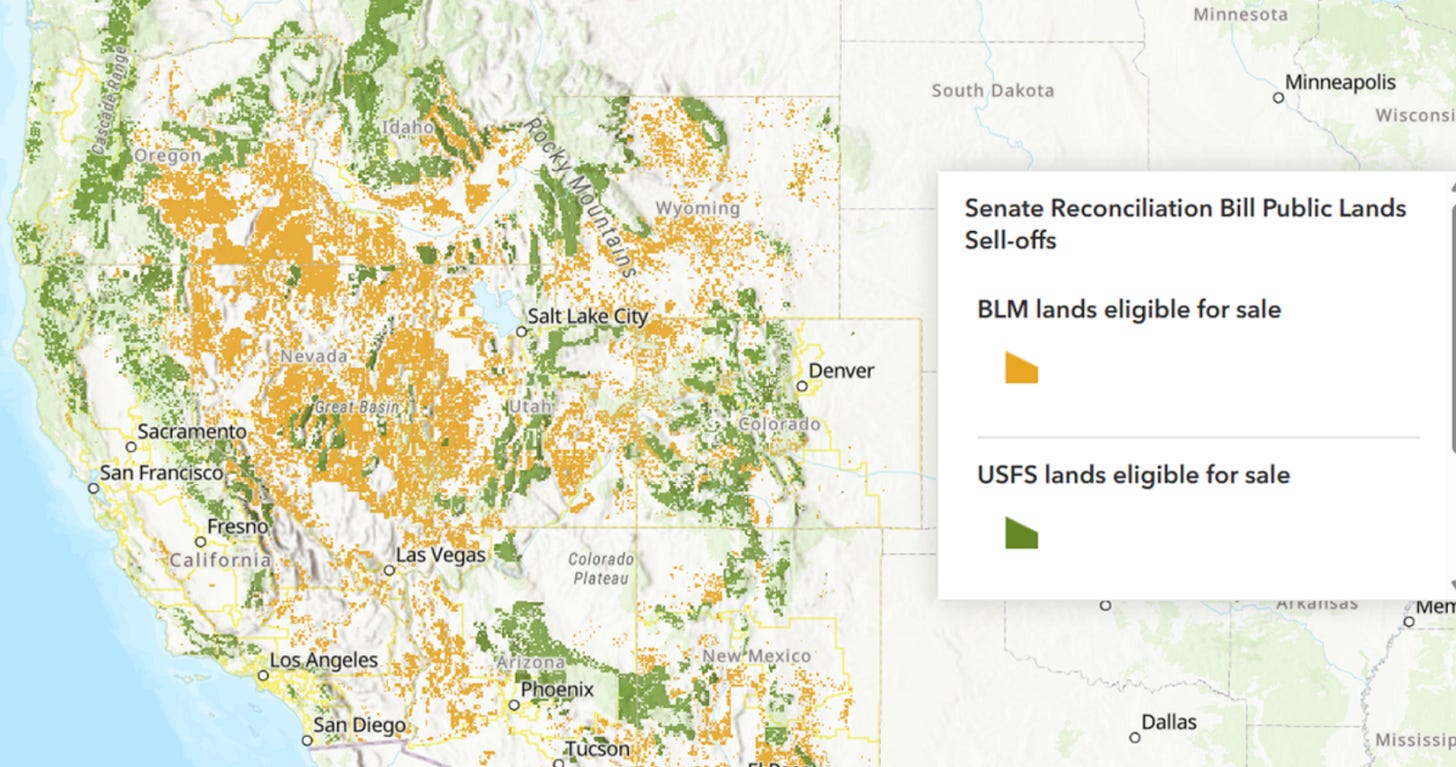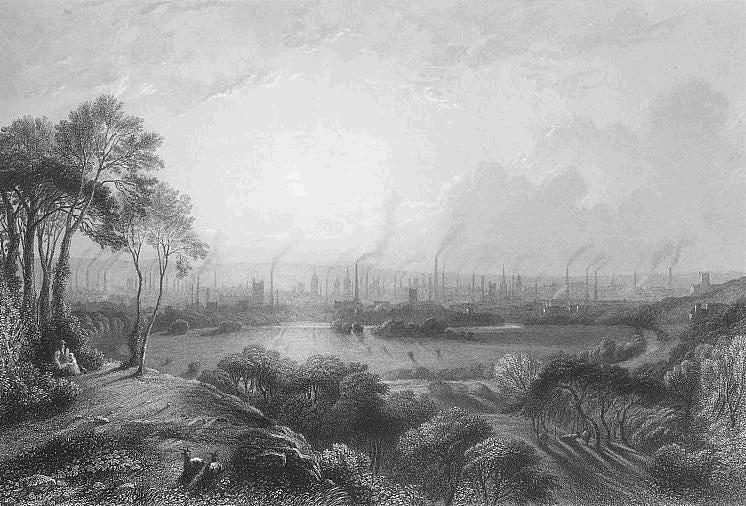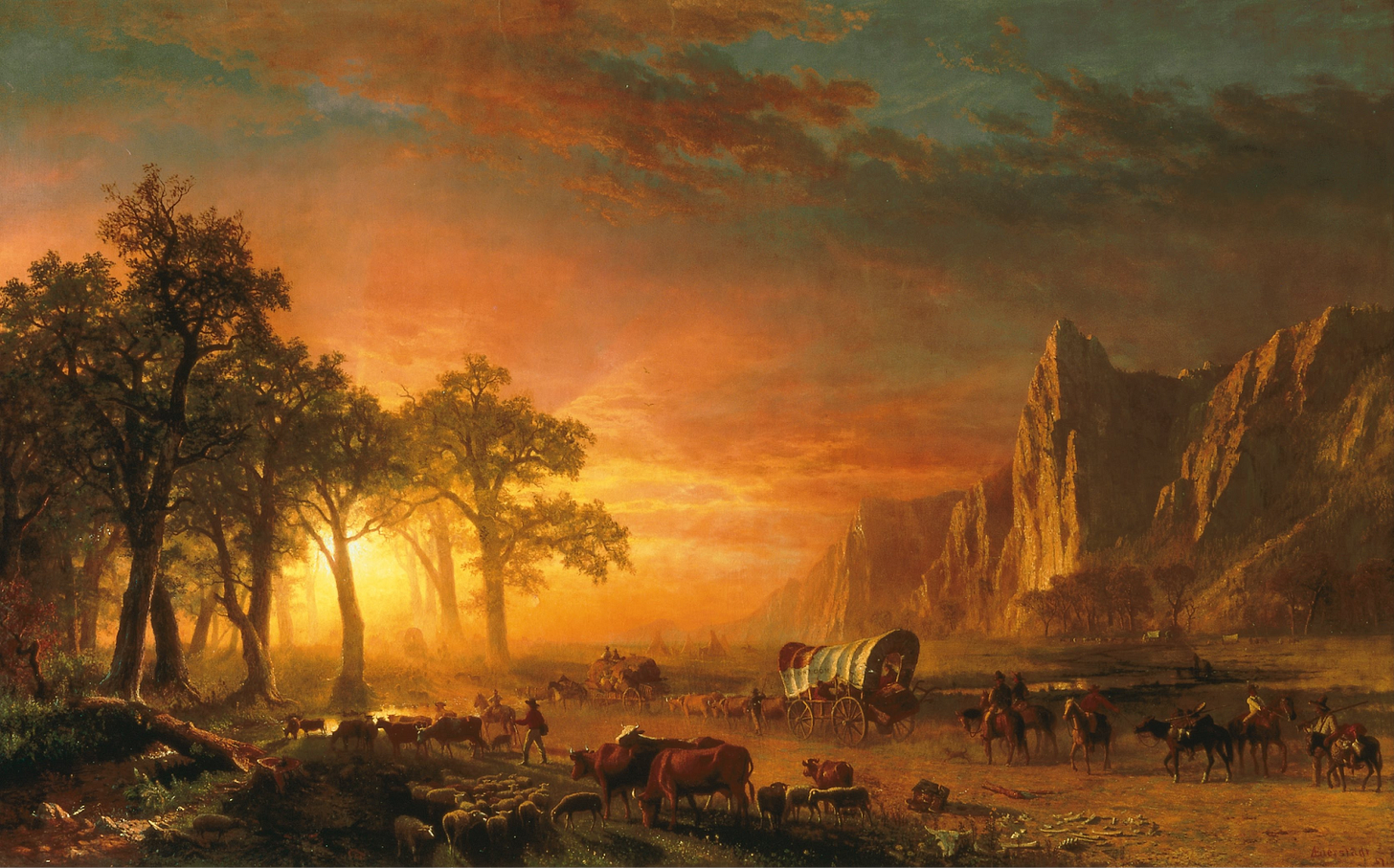Embracing the Frontier
The public land debate is a battle for the American spirit
Exploration is a fundamental part of the American spirit. The nation has remained in a constant state of discovery since its founding: from the earliest pilgrims to wash ashore Plymouth Rock; to Lewis and Clark’s famed expedition to the Pacific; to the pioneers and gold miners who mapped out the Western frontier.
But now that the maps are seemingly full, where can Americans quench their thirst for adventure?
For the average American, the yearning for exploration can still best be fulfilled in the great wilderness areas — our national parks and public lands. The thrill of the frontier is accessible within our very borders.
But recently, there have been proposals to sell off public lands for a quick revenue boost. In true Faustian fashion, the proposal trades endless future possibilities for monetary gain.
The push to trade cash for frontier land ultimately represents something deeper than mere monetary or environmental policy. It’s a fundamental misunderstanding about what makes America great — a perversion of the American spirit…
Reminder: To get our members-only content every week and support our mission, upgrade to a paid subscription for a few dollars per month. You’ll get:
Two full-length, new articles every single week
Access to the entire archive of useful knowledge that built the West
Get actionable principles from history to help navigate modernity
Support independent, educational content that reaches millions
The Proposal to Sell America’s Wilderness
Earlier this year, Senator Mike Lee of Utah spearheaded a provision to sell off roughly 3.3 million acres of federally owned public land — an area larger than some states. Framed as a fix for rising housing costs and budget deficits, it was embedded within Trump’s “Big Beautiful Bill” (BBB).
The proposal targeted so-called “excess” lands managed by the Bureau of Land Management and the Forest Service. It excluded national parks and monuments, but still encompassed millions of acres of wilderness and outdoor recreation areas.
The proposal never saw the light of day, though, as public backlash was intense, and conservation groups as well as political organizations on both sides of the isle condemned it. Many warned the land would be sold to corporations or foreign investors — auctioning off America’s land to the highest bidder. By late June, Senator Lee withdrew it under mounting pressure, and the BBB passed without it.
The brief war over America’s federal land was heated, and highlights two differing visions of what America is supposed to be. So what are these two visions?
A Distorted Understanding
Proponents of the provision have distorted the American ethos, embracing a utilitarian mindset born out of the ultra-capitalist need to seek out profit in every undeveloped corner of our physical and mental space. For these proponents, what a piece of land can be used for is more important than what it is — function trumps form.
While capitalism indeed played a vital role in America’s success, unfettered profit-seeking is a modern aberration, not a founding principle of the nation. And though earlier settlers did cultivate wilderness and create civilization from undeveloped land, their motive wasn’t profit for profit’s sake, but a yearning to create a richer life for themselves and their posterity. This proposal, in contrast, completely ignores future generations — it gifts them suburban sprawl rather than pristine wilderness.
So what is our land for if not productivity?
Rather than dollars on a spreadsheet, frontier lands are spaces where Americans can reconnect with their roots and truly feel free. Nothing is closer to what the earliest American settlers experienced than untouched wilderness: the wild Rockies, the expansive Great Plains, the jaw-dropping Grand Canyon, and the mysterious Smoky Mountains. These places represent the freedom to experience nature’s grandeur without worrying about a developer’s scheme to make a quick buck.
The American spirit is one of freedom and adventure — not cold, calculated mercantilism. The frontier was never meant to be fenced in or monetized. It was meant to be explored. Any policy that forgets that misunderstands who we are.
A Positive Vision
More recently, an executive order was signed that stands in contrast to attempts to privatize or monetize wilderness. Signed in June, the “Establishing The President’s Make America Beautiful Again Commission” executive order is an effort to renew America’s connection with its land. The order initiates a holistic restoration of public spaces, including the rehabilitation of thousands of miles of trails, the removal of invasive species, and increased investments in conservation efforts.
This executive order presents a positive vision for America’s wilderness areas that aligns with America’s need for freedom and exploration. Rather than asking what the land can do for our bottom line, the order asks what it does for our spirit. It affirms that the open sky and the untamed wilderness are part of the American soul.
To truly “make America beautiful again,” we need to recognize that exploration and discovery — not pure profit — capture the American ethos more than anything else. The frontier is intrinsic to who we are. Let’s not sell it off to the highest bidder, but preserve it, allowing future generations to experience the same thrill that inspired the earliest American settlers.






I was unaware of the Make America Beautiful Again Executive Order because we're barred from every hearing anything positive this administration does. I was upset when I heard about the proposed sell-offs and honestly questions if I could align with a Republican Party that doesn't value our remaining public land, but seeing this corrective gives me hope. Our land is essential to our character--to lose it is to lose the last of the frontier soul and without that we are not America.
Bravo great essay. I think the comment about the American psyche to be the best part. It is the sort of thing I keep trying to convey to my fellow Fantasy serial authors ; to capture the American psyche, to write a great epic for Americans one must include exploration and frontier crossing.
Sorry for the odd comment really liked this essay!